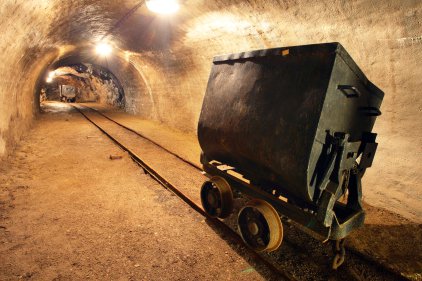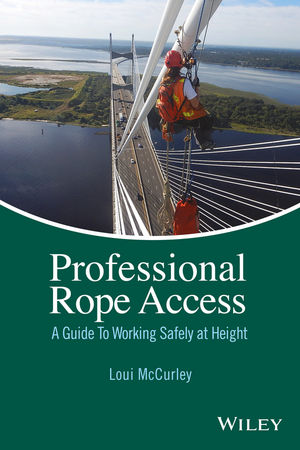MSHA: Operator failures lead to double fatality at West Virginia coal mine

 The U.S. Department of Labor’s Mine Safety and Health Administration (MSHA) has released the findings of its investigation into an accident in May at Brody Mine No. 1 that killed two miners. The underground coal mine, located in Boone County, West Virginia, is operated by Brody Mining LLC, a subsidiary of Patriot Coal Corp.
The U.S. Department of Labor’s Mine Safety and Health Administration (MSHA) has released the findings of its investigation into an accident in May at Brody Mine No. 1 that killed two miners. The underground coal mine, located in Boone County, West Virginia, is operated by Brody Mining LLC, a subsidiary of Patriot Coal Corp.
A pillar of coal
Eric Legg, a 48-year-old continuous mining machine operator, and Gary Hensley, a 46-year-old roof bolting machine operator, were fatally injured on May 12 by a large pillar of coal that burst while retreat mining was underway. Retreat mining is an underground mining technique that involves extracting coal while leaving behind pillars for support, then returning to mine the pillars in a precise sequence that causes the roof to collapse as mining “retreats” back toward the mine’s entrance. The pillar burst caused a large amount of coal from the mine ribs, or walls, to be suddenly and violently ejected into the mine entry, filling the entry to within 30 inches of the mine roof.
A pillar burst occurred in the same section of the mine on May 9 – approximately 100 feet away – that the company never reported to MSHA.
Insufficient action
MSHA investigators determined that the fatal accident occurred because the mine operator failed to recognize and anticipate the potential for pillar burst conditions and did not develop and implement a method to mine safely and control potential pillar burst conditions. Furthermore, mine management took insufficient action to investigate the rib burst accident that occurred three days earlier, and it failed to address hazardous conditions that caused the rib burst. Management’s failure to address the hazards associated with rib burst conditions resulted in continued exposure to those hazards and led to Mr. Legg and Mr. Hensley’s deaths.
As a result of its investigation, MSHA issued three citations to the mine operator for failure to:
- support or otherwise control the mine ribs in order to protect miners from being exposed to the hazardous conditions associated with a coal burst;
- recognize a “precursor” burst that occurred on May 9;
- take adequate corrective actions to protect miners from hazardous rib conditions;
- develop and implement a plan, or method, of mining designed to eliminate the hazardous conditions associated with a coal burst;
- immediately report the accident that occurred on May 9; or
- preserve the accident site where the May 9 burst occurred.
Bursts, also known as bumps or outbursts, are specifically characterized by the sudden and violent failure of overstressed rock or coal, resulting in the instantaneous ejection of material into mine openings. When such events occur in active workings, they pose a serious hazard to miners.
Relatively rare
Violent coal bursts are relatively rare events. Prior to the fatal rib pillar burst accident at Brody Mine, no previous history of bumps or coal pillar bursts had been reported to MSHA at that mine or were known to have occurred at any other active operation mining in the Eagle Seam, one of deepest and most extensively mined coal seams in southern West Virginia.
Immediately following the Brody Mine accident, MSHA launched a review of retreat mining under deep cover to determine if additional actions were needed. The agency is currently assessing what other precautions need to be implemented to mitigate the burst risk, particularly at deep cover mines with depths exceeding 1,000 feet.
In October 2013, Brody Mine had been put on notice of a pattern of violations of mandatory health or safety standards under Section 104(e) of the Federal Mine Safety and Health Act of 1977. Since receiving the POV notice, the mine operator has reduced its significant and substantial violation rate by 53 percent.
The mine operator has discontinued retreat mining activities at the mine and has discontinued all mining in the eastern side of the mine where the fatal accident occurred.
Looking for a reprint of this article?
From high-res PDFs to custom plaques, order your copy today!





